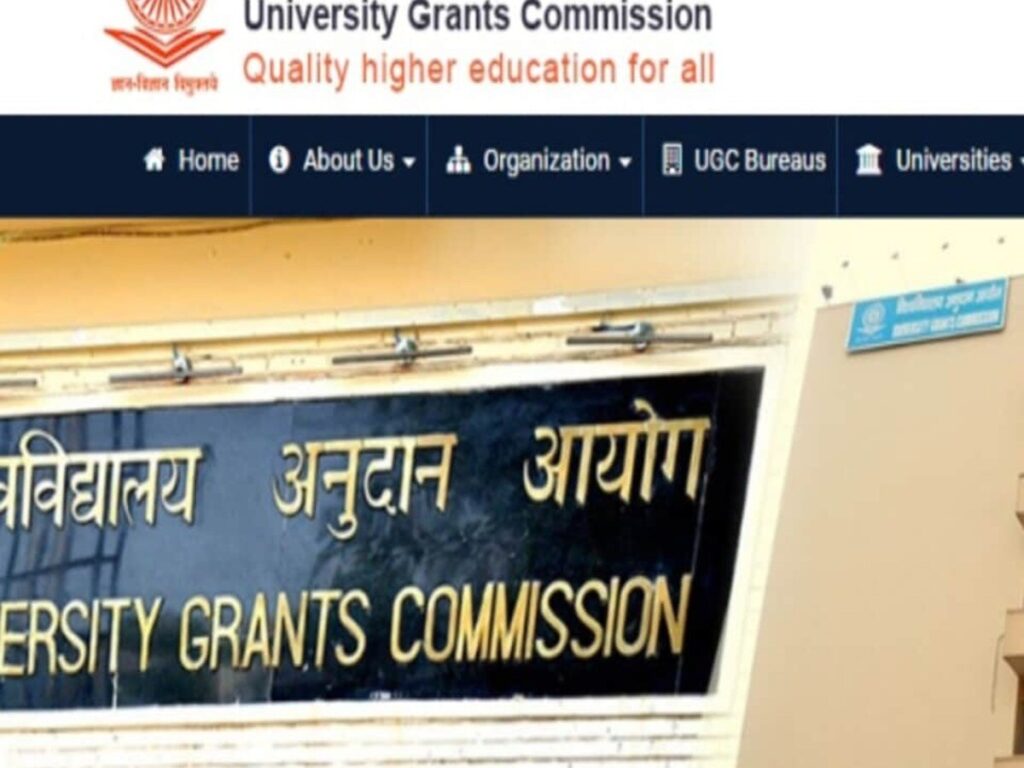The University Grants Commission (UGC) has recently imposed a five-year ban on three universities in Rajasthan for failing to adhere to prescribed guidelines related to PhD programs. This significant action has implications for students and the academic reputation of these institutions, as they will be prohibited from admitting new PhD candidates during this period. This article explores the reasons for the ban, its impact on the affected universities, and the broader implications for higher education in India.
Reasons Behind the UGC Ban
The UGC has set specific guidelines that universities must follow to maintain the quality and integrity of PhD programs. The primary reasons for imposing a ban on these three universities in Rajasthan include:
- Lack of Compliance: These universities failed to meet the necessary standards for conducting PhD programs, including faculty qualifications, research infrastructure, and adherence to submission timelines.
- Quality Control Issues: Concerns have been raised regarding the quality of research and supervision provided to PhD candidates, which is integral to the academic process.
- Inadequate Administrative Framework: The absence of a robust administrative framework to support PhD candidates and guide them through their research projects was also a significant factor.
Impact on Students and Aspirants
This ban has dire consequences for current students and prospective PhD candidates:
| Category | Impact |
|---|---|
| Current PhD Students | No new admissions and limited academic support could affect their research progress. |
| Prospective Students | Loss of opportunities to enroll in PhD programs at these universities for five years. |
| University Reputation | Negative impact on the academic reputation and ranking of these universities. |
Broader Implications for Higher Education
The ban on these universities raises several important questions about the state of higher education in India. It challenges other institutions to ensure compliance with UGC guidelines to avoid similar sanctions. Additionally, it highlights the importance of maintaining academic standards across all levels of higher education, particularly for postgraduate research programs.
Potential Solutions and Moving Forward
To recover from this setback, the affected universities will need to take significant steps, including:
- Enhancing Faculty Qualifications: Hiring qualified faculty members with strong research backgrounds.
- Improving Research Facilities: Investing in infrastructure and resources to support doctoral research more effectively.
- Strengthening Policies and Practices: Establishing robust policies for academic integrity and research supervision.
In conclusion, the imposition of a five-year ban on three universities in Rajasthan serves as a wake-up call for institutions across India to prioritize academic quality and comply with UGC regulations. This situation should motivate universities to better infrastructure and research support systems to foster a thriving academic environment for future scholars. The impact of this ban will reverberate in the academic community, emphasizing the importance of maintaining high standards in doctoral education.
